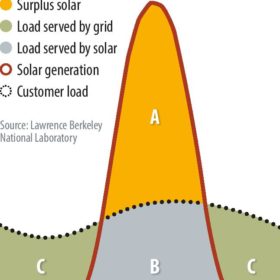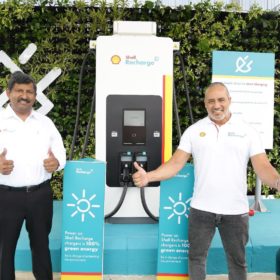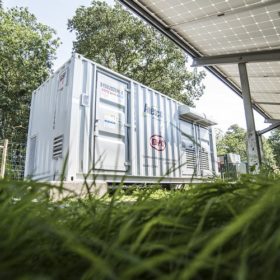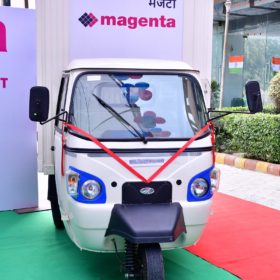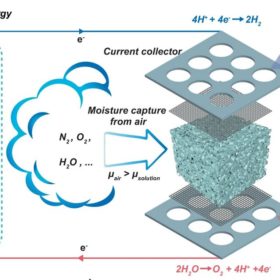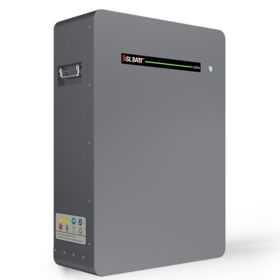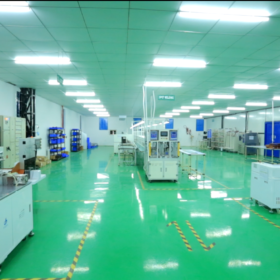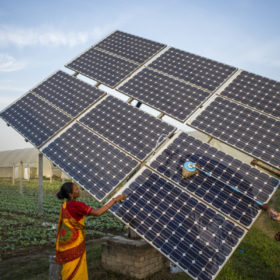The long read: Netting true value from batteries
Net metering reforms in the US are a missed opportunity to harness residential battery storage, argue researchers from the Lawrence Berkeley National Laboratory. Compensation rules for residential rooftop solar are evolving toward a model that encourages customers to use battery storage to maximize solar self-consumption. However, is this a good thing? Galen Barbose, Sydney P. Forrester, and Chandler Miller investigate.
Tamil Nadu could lower carbon emissions by over 36 million tonnes with 5-10% conversion to EV use
A new report says Tamil Nadu could lower carbon emissions by over 36 million tonnes if 5-10% of all two-, three- and four-wheeler vehicle sales in the state during 2022-30 are converted to electric.
Servotech launches lithium battery manufacturing arm
The New Delhi-based solar and EV charger manufacturer has formed a new arm, Techbec Industries, to manufacture lithium batteries for electric vehicles (EVs) and solar energy storage applications.
Shell to install over 10,000 charging points across India by 2030
The energy major launched the first of these electric vehicle (EV) chargers for the four-wheeler and two-wheeler segments in Bengaluru today.
Battery energy storage systems as an alternative to diesel generators
A new study suggests that battery energy storage systems charged with solar are the most attractive power backup option for commercial and industrial entities in the Indian state of Tamil Nadu.
Flipkart to deploy 400 electric cargo vehicles for Delhi NCR
E-commerce retailer Flipkart has partnered with electric fleet operator Magenta Mobility to add 400 electric cargo vehicles to its fleet in India’s national capital region.
PV-powered direct air electrolysis module to produce hydrogen from moisture in air
Scientists in Australia have developed a new way to produce hydrogen using water from the atmosphere. They claim their new module can ensure stable performance and provide green hydrogen for remote areas.
Bslbatt unveils 10.24 kWh battery for residential PV
China’s Bslbatt said its new battery has a rated capacity of 200 Ah. The product comes with a 10-year warranty and can reportedly provide steady operation for up to 6,000 charge cycles.
Renon targets INR 40 crore of revenue in FY 2022-23
Renon India, an energy storage startup, has announced a new full-year revenue target, as well as plans to ramp up its annual lithium battery manufacturing capacity from 200 MWh to more than 500 MWh.
Making India a manufacturing hub for solar-based, decentralized energy products
A new report by GOGLA highlights the opportunities and challenges in establishing local manufacturing and assembly of solar-based decentralized energy solutions in India. It also explores the actions needed to maximize available opportunities.
